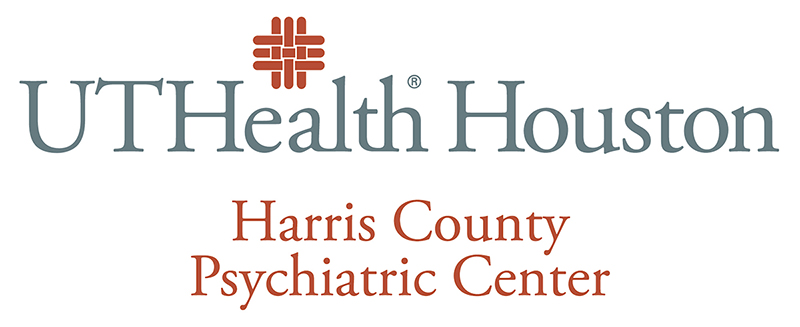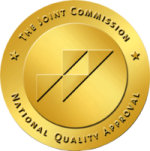UTHealth Houston Harris County Psychiatric Center
Dual Diagnosis Program
 HCPC’s Dual Diagnosis Program specializes in treating adults diagnosed with both mental illness and substance use. Many patients who abuse drugs may have started the habit when attempting to self-medicate an existing mental health issue. Others may exacerbate a mental disorder by abusing substances. Over time, they become unable to recognize whether they are experiencing the effects of chemicals or of a disorder.
HCPC’s Dual Diagnosis Program specializes in treating adults diagnosed with both mental illness and substance use. Many patients who abuse drugs may have started the habit when attempting to self-medicate an existing mental health issue. Others may exacerbate a mental disorder by abusing substances. Over time, they become unable to recognize whether they are experiencing the effects of chemicals or of a disorder.
When working with patients on our Dual Diagnosis unit, our medical professionals can stabilize the patient, observe and sort through the various issues affecting their condition, and make recommendations for appropriate ongoing care. Though HCPC is not a medical detox facility, close observation by psychiatrists and clinical staff helps determine whether medications may assist the process. For example, suboxone may be administered to inpatients with opioid addiction, and then continued on an outpatient basis in conjunction with the Center for Neurobehavioral Research on Addictions (CNRA), based in the Louis A. Faillace, MD, Department of Psychiatry and Behavioral Sciences. at McGovern Medical School.
Once the patient is stabilized, the unit provides specialized programming that addresses addictive disorders that co-exist with mental illness. The first step to healing is to help the patient realize they have a problem and then accept the need to change. This awareness can be helped along by social service clinicians during individual sessions, as well as 12-step-oriented discussion groups, including Alcoholics Anonymous (AA) and similar support groups.
Houston’s Council on Recovery also provides full-time staff on-site at HCPC to assist with these discussions and aftercare plans. Forming a recovery-based connection with this patient population supports a smoother transfer to residential treatment programs (RTCs) and other outpatient treatment options. This proactive approach to discharge planning takes a long-term view of placing motivated patients in the most likely position to ensure long-term success.
Dual Diagnosis programming focuses on enhancing sobriety and reducing relapse. Individualized treatment and aftercare plans are based on the patients’ understanding that they must maintain their treatment for mental illness in order to be willing and able to stay sober. The patient must manage two diseases, and both have to be treated efficiently and aggressively at the same time.
The integrative approach combines adult psychiatry and addictive psychiatry to provide greater continuity and efficiency. HCPC has seen lasting change in those patients who follow through with the specialized programming begun in our Dual Diagnosis Unit.


